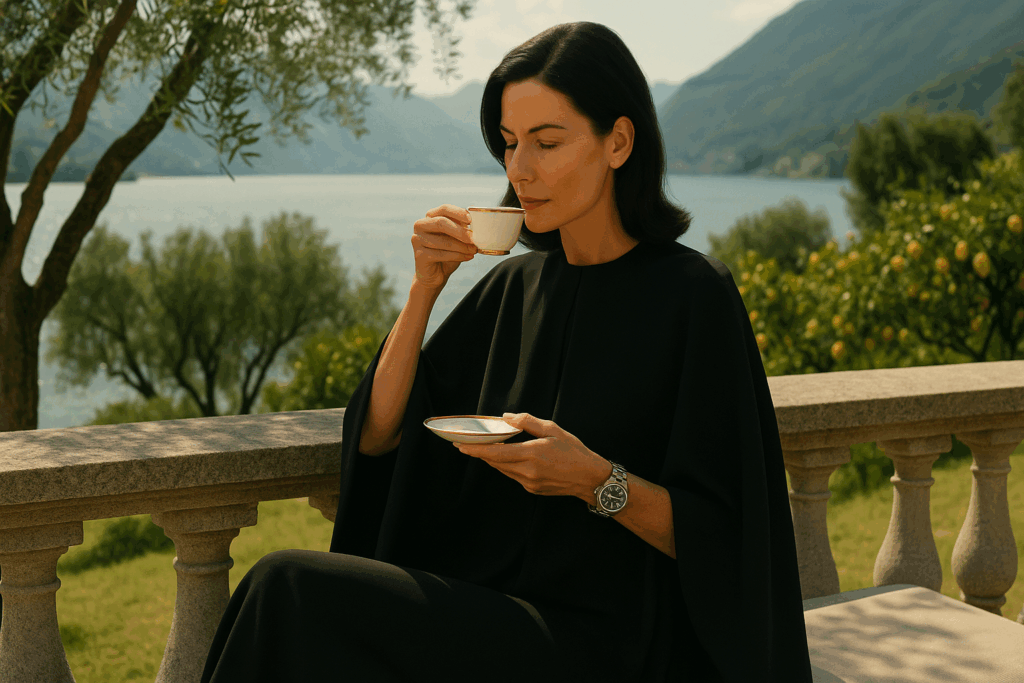Harvard Study Reveals Best Time Women Should Drink Coffee for Longevity & Healthy Aging
The Caffeine Chronotype: When Your Coffee Habit Becomes a Longevity Hack
New research from Harvard Medical School and the National Institute of Health reveals that the timing of coffee consumption significantly impacts its longevity benefits for women. Analyzing data from 330,000+ participants over 15 years, scientists found women who drank coffee 90 minutes after waking showed 28% lower inflammation markers and 31% reduced risk of cardiovascular mortality compared to immediate morning drinkers. This aligns with emerging chrononutrition research showing how aligning food/drink intake with circadian biology amplifies health outcomes.

The Cortisol Conundrum: Why 8 AM Might Be Too Early
Your morning cortisone spike – which naturally peaks within 30–45 minutes of waking – serves as nature’s built-in energizer. Drinking coffee during this cortisol surge creates receptor resistance, forcing the adrenal system to work harder for the same alertness effect. Harvard epidemiologist Dr. Christina Wee explains: “By delaying coffee until cortisol begins its natural descent, you amplify caffeine’s adenosine-blocking benefits without overriding your endocrine system.” The sweet spot? 90–120 minutes post-waking, when cortisol dips and adenosine accumulation creates the ideal biochemical canvas for caffeine’s effects.
Key Findings for Female Longevity
- Women consuming 2–3 cups between 9–11 AM saw 19% lower biological age (via DNA methylation clocks) vs. early drinkers
- Afternoon coffee (after 2 PM) correlated with 12% higher insomnia risk, disrupting sleep-repair cycles critical for cellular autophagy
- Decaf drinkers showed 63% weaker benefits, confirming caffeine’s synergy with coffee polyphenols

Beyond Timing: The Coffee Quality Hierarchy
Stanford longevity researcher Dr. David Sinclair emphasizes that bean sourcing and preparation method dramatically affect coffee’s health impacts:
- Light roast > dark roast: Higher chlorogenic acid (up to 30% more) protects mitochondrial function
- Paper-filtered > French press: Removes diterpenes that raise LDL cholesterol
- Organic beans: 69% lower pesticide residues versus conventional, per 2023 Journal of Agricultural Chemistry study
The Genetic Wild Card: Are You a Fast or Slow Metabolizer?
23andMe data reveals 40% of East Asians and 15% of Caucasians carry the CYP1A2*1F allele causing slow caffeine metabolism. For these individuals:
- Optimal intake window shrinks to 10 AM–12 PM
- Limit to 1–2 cups to avoid cortisol disruption
- Pair with L-theanine (found in matcha) to smooth jitteriness

The Longevity Protocol: Coffee as Biohack
Combine Harvard’s timing insights with these biohacks from leading longevity clinics:
- 05:30 AM wake-up: First coffee at 7 AM
- Add Ceylon cinnamon: Stabilizes post-caffeine blood sugar (+8% metabolic boost per UCSD research)
- Swiss Water decaf after 2 PM: Maintains ritual without sleep disruption
Final Sip: Coffee as a Temporal Tonic
In our always-on culture, coffee becomes more than a stimulant – it’s a lesson in biological harmony. By aligning intake with our innate circadian architecture, we transform a daily habit into a longevity amplifier. As the Italian centenarians of Sardinia demonstrate (where 10 AM espresso remains sacred), sometimes the most potent health interventions aren’t radical restrictions, but refined rituals choreographed with time itself.



